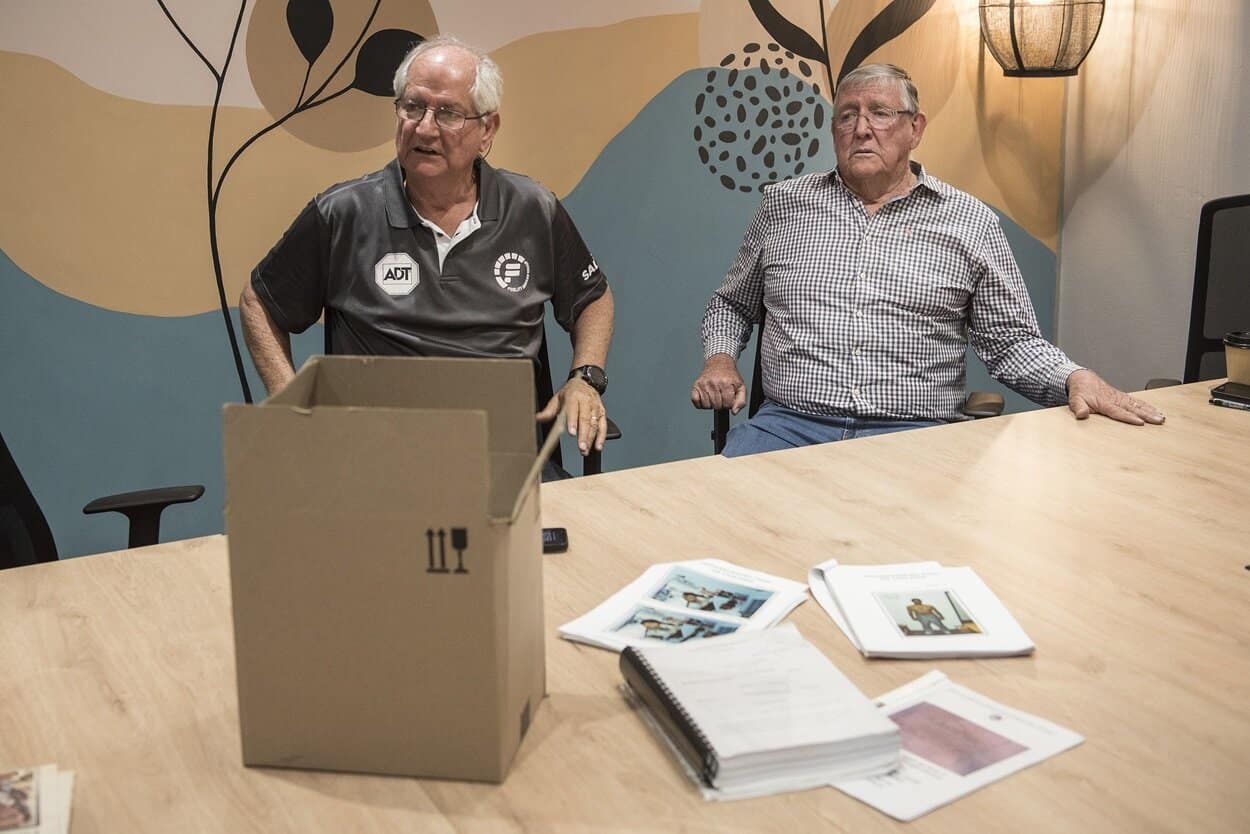Donovan Moodley’s inconsistent stories and lack of remorse raise fears he hasn’t changed and remains a risk if released on parole.

Questions about Donovan Moodley’s state of mind and whether he has truly changed since incarceration have tarred every parole bid he has made since becoming eligible in 2018.
Psychologists have painted a complex picture of dishonesty and deflection, while disputed psychological assessments continue to divide experts.
Clinical and forensic psychologist Dr Gerard Labuschagne, who testified on behalf of the Matthews family, argued that Moodley has shown no genuine remorse.
Psychologists warn Moodley shows no genuine remorse
He said Moodley’s ongoing attempts to downplay his actions and deflect blame suggest that rehabilitation has not taken place in prison.
Over the years, Moodley has given at least seven different versions of what happened on the day Matthews was murdered.
Labuschagne described these differing accounts as deliberate efforts to create a more favourable image of himself.
ALSO READ: Leigh Matthews’ family fights killer Donovan Moodley’s parole bid
The changes, he said, reflect a someone intent on manipulating the narrative, rather than accepting responsibility for his actions.
Moodley’s pattern of tale-telling was obvious, a psychology expert told The Citizen.
Moodley told the parole board that he had only decided to kill Matthews when she made a sudden movement to turn around.
Contraditions shows lack of accountability
Yet in his original guilty plea, he admitted to planning her murder in advance.
The contradiction, Labuschagne said, showed that Moodley was still not taking responsibility for his actions.
While one psychologist found Moodley repentant and rehabilitated during a parole assessment, Labuschagne challenged the finding and the process behind it.

ALSO READ: ‘The system has failed us’ – Leigh Matthews’ father
He argued that the evaluation failed to meet best practice standards and ignored key indicators of risk.
The Health Professions Council of South Africa (HPCSA) later found the psychologist who spoke in favour of Moodley guilty of professional misconduct on another matter and fined her R10 000.
Labuschagne said that none of the core principles he believed should have been applied during her evaluation of Moodley, were done.
Deflection and manipulation, raising parole risks
He said that relying on flawed assessments to make decisions about parole placed the public at risk.
In his own risk assessment report submitted to parole authorities, Labuschagne cautioned that Moodley’s lack of sincere regret and his repeated attempts to minimise his actions pointed to a likelihood of recidivism.
This infers that Moodley may be a reoffender if released.
ALSO READ: Keep Moodley locked up for life
He noted that Moodley had altered his account of shooting Matthews several times.
Moodley responded by filing a complaint against Labuschagne with the HPCSA, accusing him of abuse and claiming his alleged “illegal, dishonest and unethical” conduct was harming his parole prospects.
He argued that the council should act because his parole application remained pending.
HPCSA ruling
The HPCSA ruled that Labuschagne had acted unprofessionally by conducting the assessment without Moodley’s consent and also fined him R10 000.
“Can a person, who’s changed their story and unfolding of events so many times and so dramatically, then downplayed his role in the crime, be considered safe to release?” Labuschagne said.






